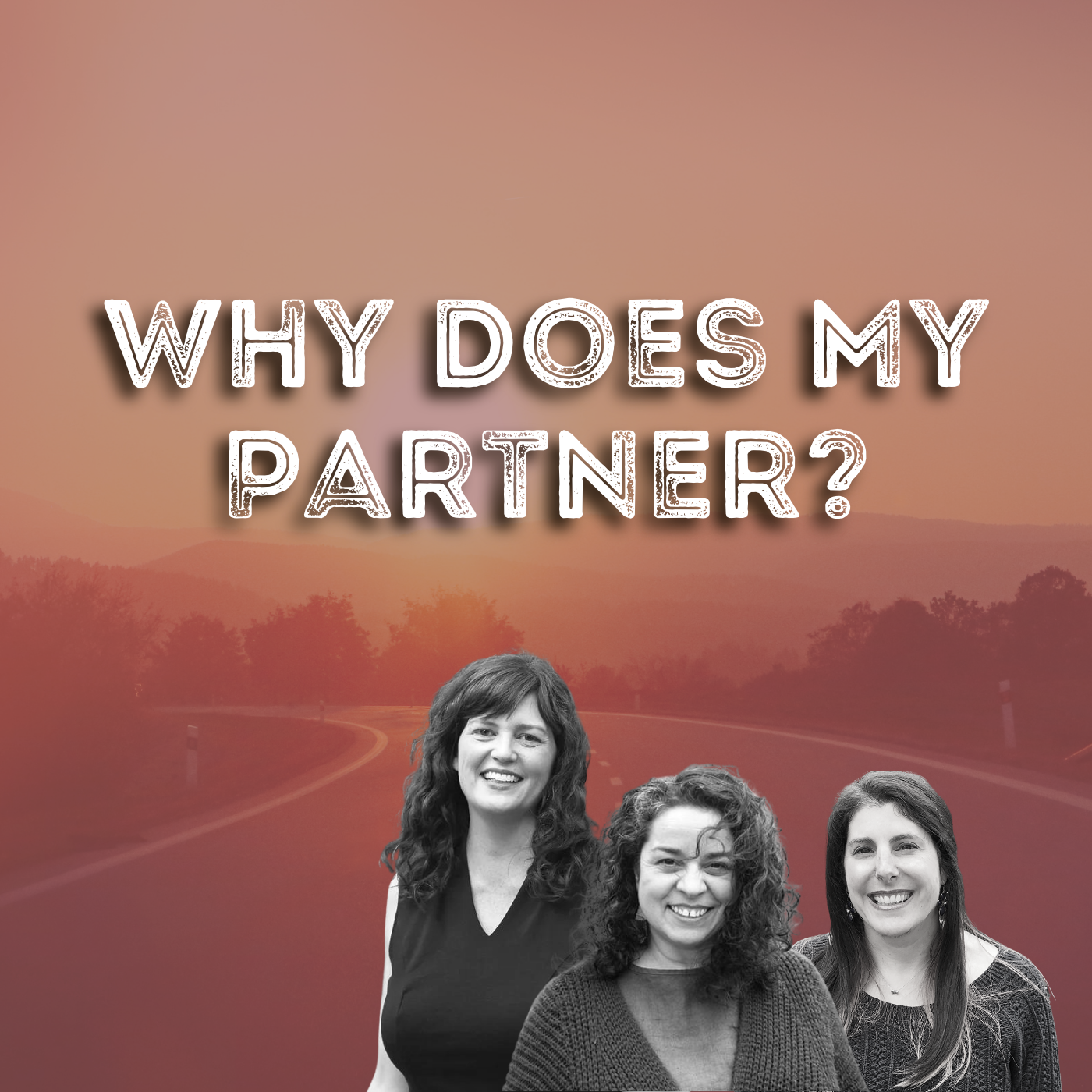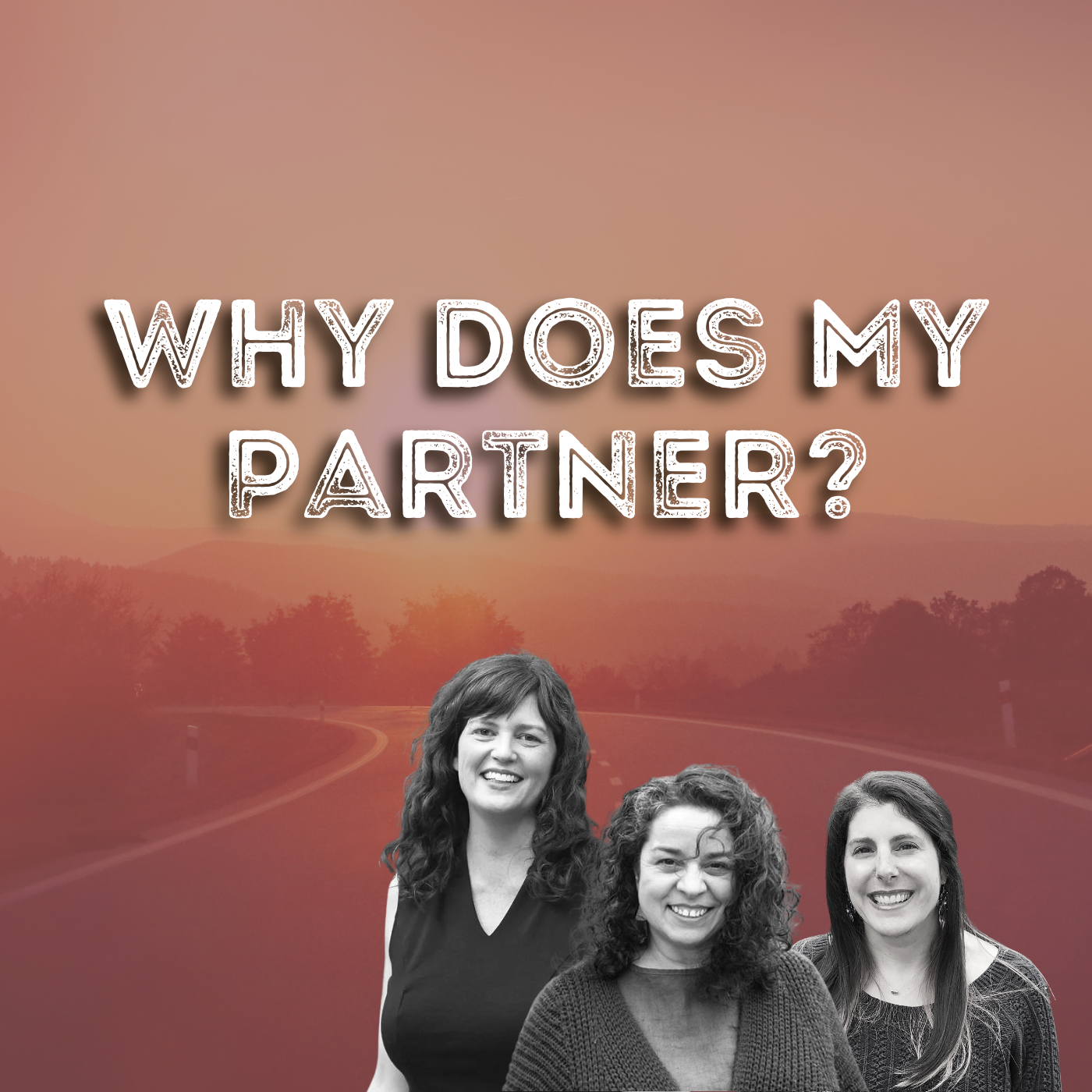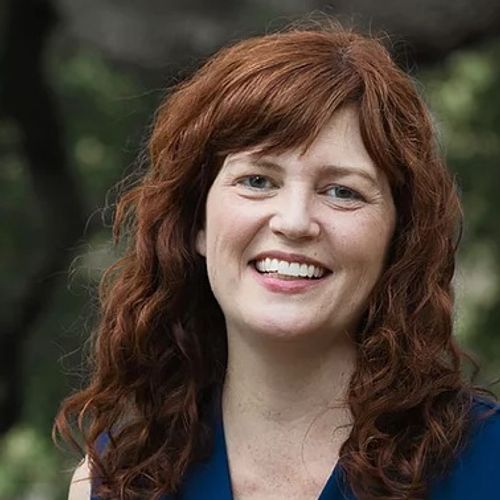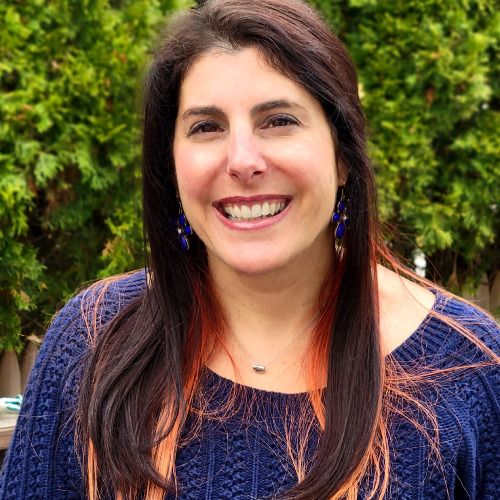Episode 116
Avoid Conflict?
What happens inside of our brains when we face potential conflict? A whole lot is what. One thing that we don’t always realize is that we have subcortical systems that start going into hyperdrive, make meaning out of what’s happening and hopefully keep ourselves safe. That meaning making is automatic and unconscious, and draws on what we’ve learned in our pasts, both implicitly and explicitly, about how we feel safety and belonging. That means that if your past has taught you that conflict can get you hurt, rejected, or shut down, or maybe hasn’t even taught you that there is anything else you could do, of course you’re going to avoid it!
The thing is, there really are other ways to approach conflict, and some of those ways could even bring you into closer connection with yourself and your loved ones. If that sounds impossible to you, we’ve got a ton of resources to support you. For a start, give this episode a listen, and try out some of what we’re talking about. We think you might end up changing your mind.
Quotes:
“being able to be inside of discomfort is something that not everyone has a nervous system that knows how to do…yet.”
“I'm not running the risk of betraying me if I'm checking in with me first.”
when, when we take in information from the world, we're taking that information inside our bodies
“what's the cost to me as an individual if I don't bring my voice into this conversation? What's the cost to our connection? Where does this lead us? What's the potential benefit of bringing this in?”
Jules’ book is out now! Get Setting Boundaries that Stick: How Neurobiology Can Help You Rewire Your Brain to Feel Safe, Connected, and Empowered wherever books are sold.
Share your questions with us at whydoesmypartner.com/contact
Dive in deeper with us at our upcoming workshops.
Learn more at whydoesmypartner.com/events




